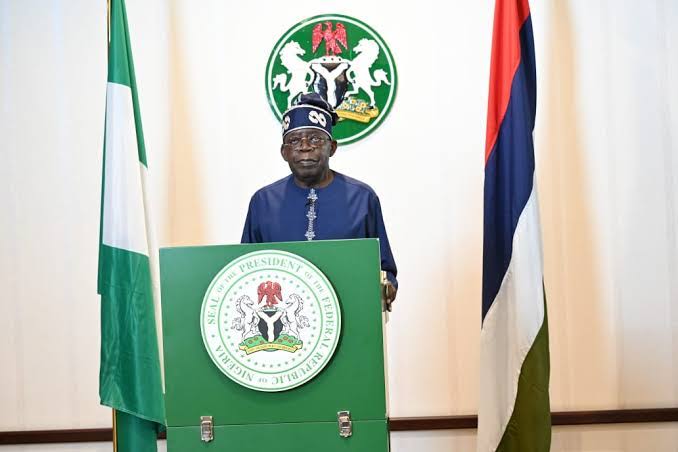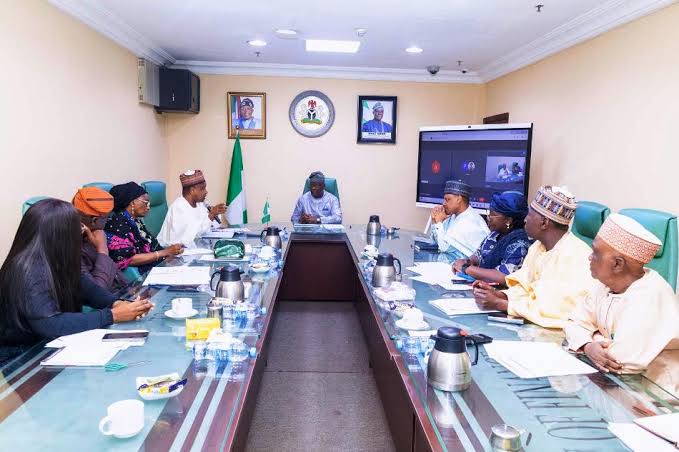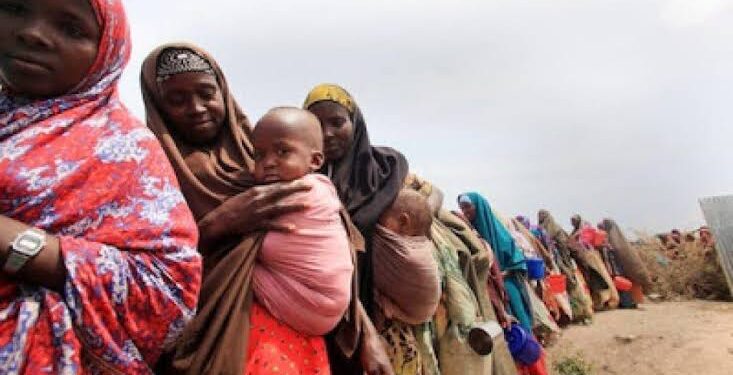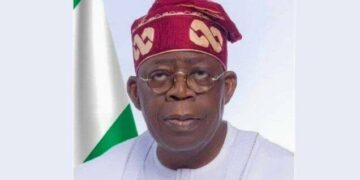The federal government of Nigeria has announced a comprehensive social investment programme aimed at benefiting the nation’s most disadvantaged citizens. This initiative is designed to reach 60 percent of the poorest segments of the population, ultimately impacting around 20 million individuals through direct cash transfers. The revelation was made by Wale Edun, the Minister of Finance and Coordinating Minister of the Economy, during a panel discussion entitled “Fiscal Reforms for a More Secure Future” at the 30th Nigeria Economic Summit held in Abuja on Tuesday.
During his address, Edun emphasized that the government’s focus on increasing revenue is primarily intended to fund social programmes that can alleviate the adverse effects of necessary but challenging economic reforms that have been influencing the cost of living across the country. He explained that the government’s approach to revenue generation is rooted in internal mechanisms, specifically highlighting the importance of domestic resource mobilization.

Edun stated, “In terms of revenue, the number one place to look was inwards, domestic resource mobilisation. That’s where the government started. By the first half of this year, revenue had doubled.” His remarks indicate a proactive strategy by the government to enhance its financial base without solely relying on external factors or assistance.
He elaborated further on this point, noting, “Aggregate government revenue was more than doubled. And that was achieved by applying technology very robustly.” The Minister underscored the role of technological advancements in transforming the operations within the civil service, which has been a critical aspect of improving revenue collection processes.
Edun detailed how the government is reforming traditional practices within various ministries, departments, and agencies. He mentioned that instead of waiting for these entities to comply with regulations, the government took a more assertive approach. “We looked at what the rules and regulations were, how much a company was allowed to spend on its revenue, and then how much of its surplus it had to provide to government,” he said. This proactive strategy is intended to ensure that the government maximizes its revenue collection potential effectively.

Furthermore, the Minister provided insights into the mechanics of the social investment programme, which is largely focused on delivering direct financial support to those in need. He shared, “The social investment programme is spearheaded by direct transfers to reach 60 per cent poorest in the population. And right now, 20 million households are being supported directly.” Currently, the programme supports around four million households, but plans are in place to expand this initiative significantly.
Edun indicated that the goal is to increase the number of households receiving direct payments from the government to a total of 15 million. “That is how President Tinubu’s government is spending the money which is being yielded from better oil production,” he stated, highlighting the role of improved oil production in enhancing the government’s financial resources and facilitating the implementation of this crucial programme.
In summary, the federal government’s social investment programme represents a concerted effort to uplift Nigeria’s poorest citizens by providing direct financial assistance, underpinned by a strategic approach to increasing domestic revenue through technological innovation and reform. This initiative is part of a broader commitment to support social programmes that address the rising cost of living and enhance the overall economic stability of the nation.






























